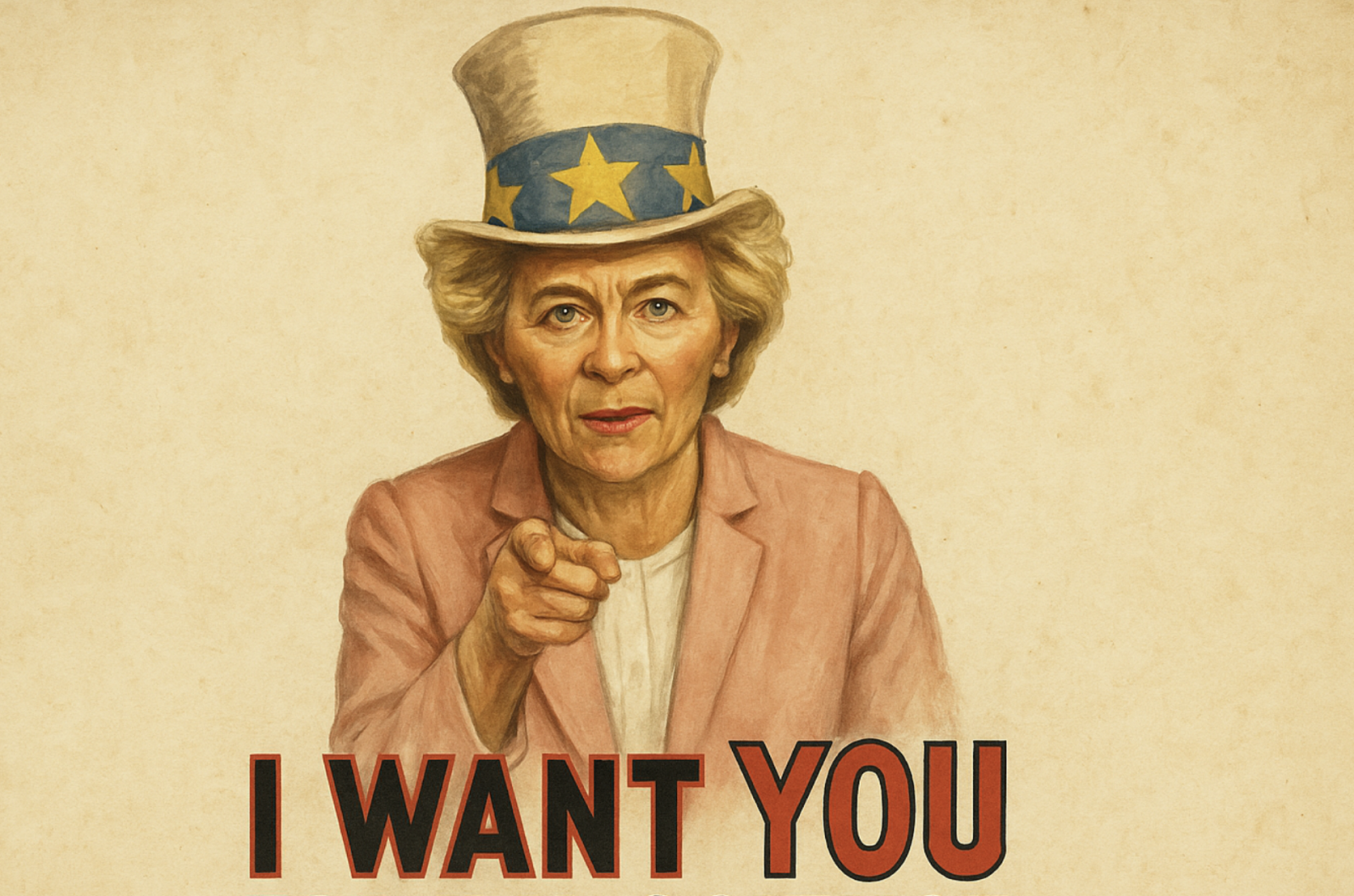Video Science is an educational app for iPad, iPhone, and iPod touch. It provides an easy way to bring science into real world with easy to recreate experiments. There are more than 70 experiments available, with new content being added regularly.
Video are divided on 10 categories: chemical change, density, engineering, gas laws, green engineering, heat transfer, old microscope, optics, physics of motion, and polymer chemistry.
Wifi connection required.
The video included in the app are also available on the VideoScience website.
Video and previews of the app:
[video:http://www.youtube.com/watch?v=rZWQj-J6y2k&sns=em]







